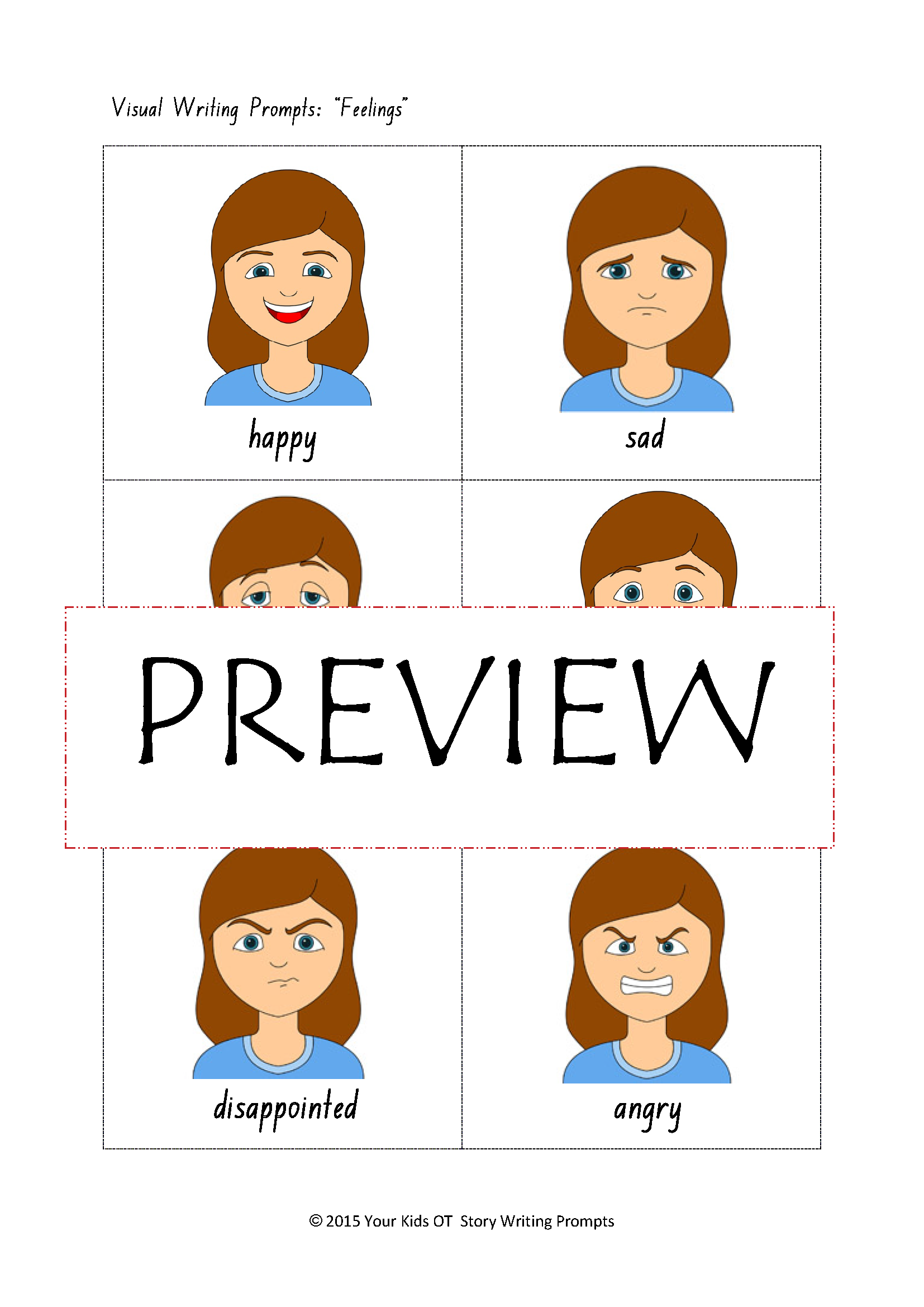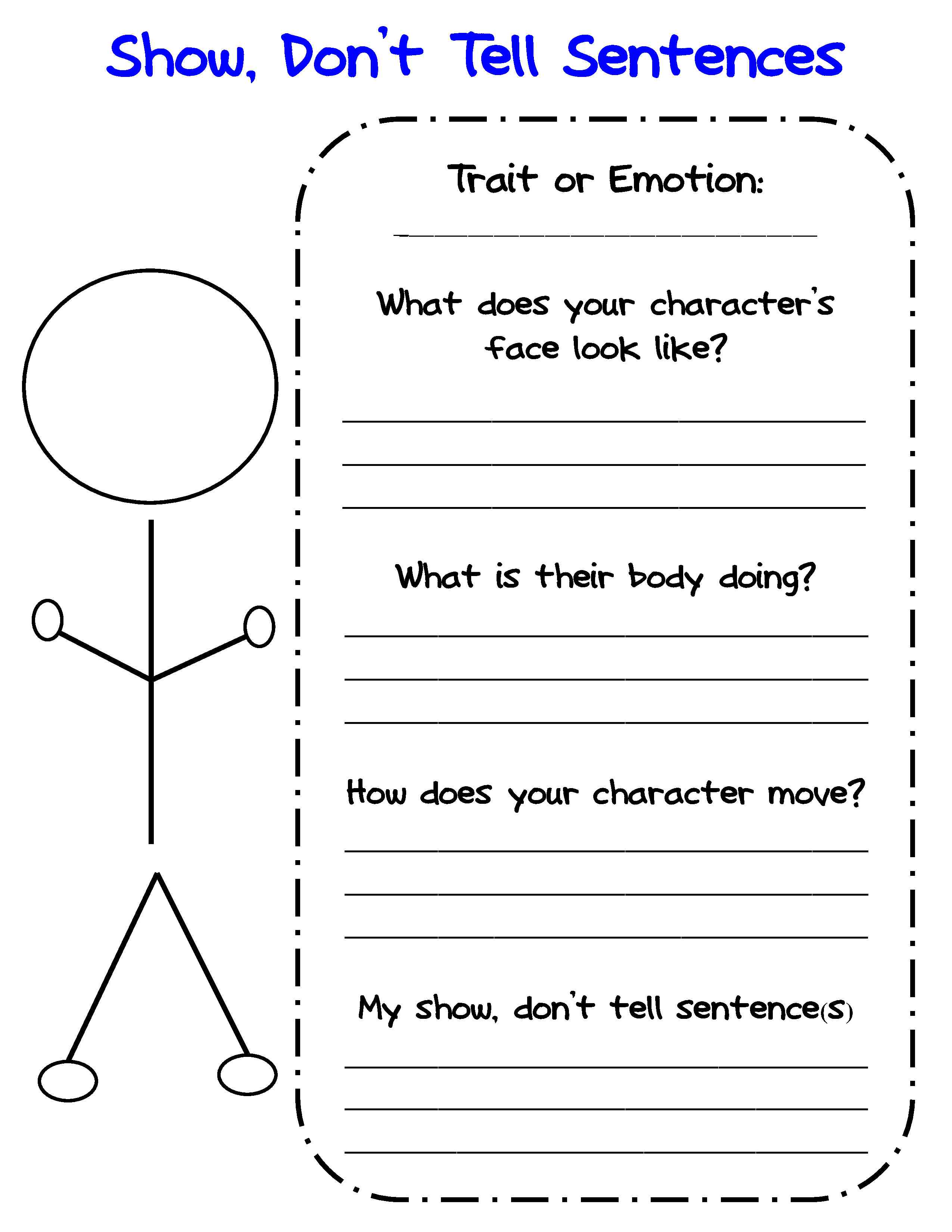
CHARACTER CONCEPTS FOR STORYWRITING MANUALS
Because figurative language is not literal, it should not be used in compositions which are meant to be taken literally, such as scientific and mathematic manuals or textbooks.Ī metaphor is a direct and vivid comparison between two things usually considered distinct or unrelated. Figurative language allows writers to transcend logical and typical bounds of thinking in order to present things in a new and meaningful way.įigurative language is a chief component of poetic language as used in prose, poetry, speeches, and songs. It encourages complicated, creative, and poetic thought processes which give rise to beautiful, strange, and unique conceptions. Rather than operating on logic or literalness, figurative language makes unique connections based on connotation, sound, and construction of words and phrases.įigurative language creates connections between unlike things which have never been considered before. Figurative language is writing which appeals to the senses.

Satire refers to a play, novel, poem, film or other composition which uses comedy, irony, mockery, and exaggeration to criticize the absurdity or weaknesses of a certain person, institution, or situation. In a piece which is supposed to be objective or unbiased such as a journalistic report, tools of persuasion should be avoided. Persuasion should be used when convincing others is the goal in mind.
CHARACTER CONCEPTS FOR STORYWRITING PROFESSIONAL
Persuasive tools are utilized by politicians, professional speakers, speechwriters, journalists, and poetry and prose writers. Persuasion empowers the writer to change the mind of the audience and to compel the audience to take action in a certain way.

Persuasion is an extremely powerful tool, as gaining the hearts and minds of an audience means gaining their support and action. With appeals to both pure logic and powerful emotion, persuasion is an art that has been employed for centuries. The power of persuasion can gain voters for a politician, convince people to take action for a cause, or get you a raise at your job. For a rhetorician or speechwriter, writing and speaking in a convincing and persuasive manner is a profession, one which utilizes numerous tools of the trade to appeal to an audience. Most of us are stubborn in our thinking and stick to our guns when it comes to views on morality, politics, and our own personal lives. One of the most difficult tasks in the world is making people change their minds. Below we have categorized this vast subject. The variety of uses for literary terms spans across genres and is remarkably wide-ranging based on the goals or needs of the writer. Literary terms have the power to create serious, comedic, or whimsical moods via tools of persuasion, poeticism, and wordplay.

Poetic figurative language can summon emotions and visions of nature and the world in unique and compelling ways. Rhetorical devices can be used to strengthen arguments which persuade and convince audiences. They allow writers and speakers to make comments on society, politics, and trends. Literary terms are important in a wide variety of ways. Literary terms have a wide range of application, from the poet’s beauty, to the speaker’s persuasion, to the novelist’s story development. They can animate a story with such wealth of detail, character development, and action that as readers, we are taken by a story, and feel as if the people on the page are real. Words can be arranged to give poems, songs, and prose alike, rhythm and musicality. Literary terms also include powerful figurative language that writers use to summon emotion ranging from guilt to anger to bliss, and to allow us to see the world in new and magical ways. With their carefully crafted speeches geared towards both logical and emotional thinking, they challenge our everyday modes of thinking.

They can also include the tools of persuasion that writers use to convince and drive audiences to action. Literary terms can refer to playful techniques employed by comedians to make us laugh or witty tricks wordsmiths use to coin new words or phrases. Literary terms refer to the technique, style, and formatting used by writers and speakers to masterfully emphasize, embellish, or strengthen their compositions.


 0 kommentar(er)
0 kommentar(er)
